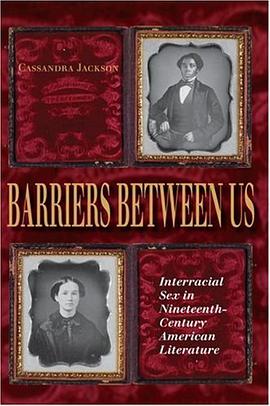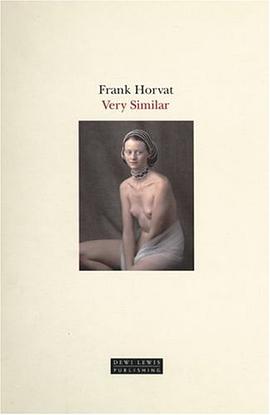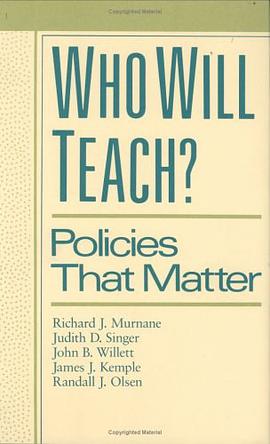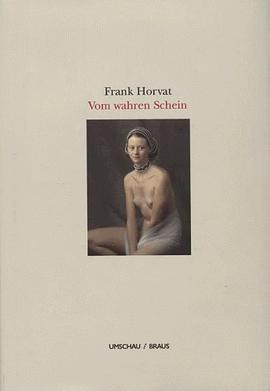

具體描述
This provocative book examines the representation of characters of mixed African and European descent in the works of African American and European American writers of the 19th century. The importance of mulatto figures as agents of ideological exchange in the American literary tradition has yet to receive sustained critical attention. Going beyond Sterling Brown's melodramatic stereotype of the mulatto as "tragic figure," Cassandra Jackson's close study of nine works of fiction shows how the mulatto trope reveals the social, cultural, and political ideas of the period. Jackson uncovers a vigorous discussion in 19th-century fiction about the role of racial ideology in the creation of an American identity. She analyzes the themes of race-mixing, the "mulatto," nation building, and the social fluidity of race (and its imagined biological rigidity) in novels by James Fenimore Cooper, Richard Hildreth, Lydia Maria Child, Frances E. W. Harper, Thomas Detter, George Washington Cable, and Charles Chesnutt.
著者簡介
圖書目錄
讀後感
評分
評分
評分
評分
用戶評價
相關圖書
本站所有內容均為互聯網搜索引擎提供的公開搜索信息,本站不存儲任何數據與內容,任何內容與數據均與本站無關,如有需要請聯繫相關搜索引擎包括但不限於百度,google,bing,sogou 等
© 2025 book.quotespace.org All Rights Reserved. 小美書屋 版权所有




















